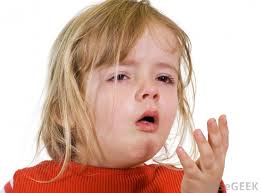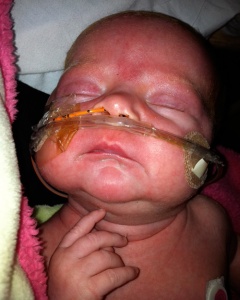Well, today I decided to share something I worked on with you all. . .
It’s a controversial one though; it’s about a drink– coffee.
Coffee is loved by many people including me. Infact, millions of people consume coffee worldwide everyday.
It is a beverage consumed for many reasons; it’s aroma gets me lifted! Apart from the aroma, students love to drink it so they can “burn the midnight candle” while workers consume it to accelerate their output. Just like every commodity, coffee is a two-sided beverage with both pros and cons. Infact research presumes that the pros outweighs the cons. The presence of caffeine in coffee they say makes it a “suspect” of some health problems. Among the benefits of coffee intake are: improvement in the body performance, mind performance, reduction in the risk of Parkinson’s disease, cardiovascular disease, and other non-communicable diseases which seems like WoW! Nonetheless, the existence of cons cannot be denied; even though coffee helped my reading and assimilation, I was always left with a migraine after my exams back then in the University. I had mood swings, ate less, and began to reason slowly than I would normally; depression and anger set in, I even got addicted. . . The truth is, I stopped coffee consumption because of these effects and transferred my affection to other drinks of which I later realised contained caffeine. Coke, cholocate bars, cappucino, decaffeinated coffee, energy drinks, laté, even tea contain some amount of caffeine!
The question therefore on the lips of researchers and myself remains should I drink coffee or not? What quantity is good? What is the level of risk?
Like other lovers of coffee and some researchers, moderation is advised . . .
You can consume coffee and still stay healthy . . .
Drink coffee andother caffeine-containing drinks RESPONSIBLY!
Stay informed!
References
Costa, J., Lunet, N., Santos, C., Santos, J., & Vaz-Carneiro, A. (2010). Caffeine exposure and the risk of Parkinson’s disease: a systematic review and meta-analysis of observational studies. Journal of Alzheimer’s Disease, 20, 221-238.
Davis, J., & Green, J. M. (2009). Caffeine and anaerobic performance. Sports Medicine, 39(10), 813-832.
Dillan, J. (2013). 7 Negative Effects of Coffee. Retrieved 27 January, 2015 from http://www.healthambition.com/negative-effects-of-coffee/
European Food Safety Authority. (2011). Scientific opinion on the substantiation of health claims related to caffeine and increase in physical performance during short-term high-intensity exercise (ID737, 1486, 1489), increase in endurance performance (ID737, 1486, 1489), increase in endurance capacity (ID1488) and reduction in the rated perceived exertion/effort during exercise (ID 1488, 1490) pursuant to article 13 (1) of regulation (EC) No 1924/2006. EFSA Journal, 9 (4), 2053.
Hensrud, D (2014) Is coffee good or bad for me. Retrieved 27 January, 2015 from http://www.mayoclinic.org/healthy-living/nutrition-and-healthy-eating/expert-answers/coffee-and-health/faq-20058339
Institute for Scientific Information on Coffee. (2013). Coffee & Cancer. Coffee and health http://www.coffeeandhealth.org/media-centre/research-overview.
Institute for Scientific Research on Coffee. (2013). Coffee and your health all about coffee. Retrieved 21 March, 2014 from http://www.coffeeandhealth.org/all-about-coffee.
Ker, J., Edwards, P.J., Felix, L.M., Blackhall, K., & Roberts, I. (2010). Caffeine for the prevention of injuries and errors in shift workers. Cochrane Database Systematic Review, 12(5).
Lucas, M., Mirzaei, F., Pan, A, Okereke, O.I., Willett, W.C., O’Reilly, E.J., Koenen, K., & Ascherio, A. (2011). Coffee, caffeine, and risk of depression among women. Arch Intern Med, 171, 1571-8 doi: 10.1001/archinternmed.2011.393.
Michaelis, K. (2010) How to end your coffee addiction. Retrieved 27 January, 2015 from http://www.foodrenegade.com/how-to-end-your-coffee-addiction/
Schmitt, J.A., Benton, D., & Kallus, K.W. (2005). General methodological considerations for the assessment of nutritional influences on human cognitive functions. European Journal of Nutrition, 44, 459-464.
World Health Organisation. (1990). International classification of diseases—10 classification of mental and behavioral disorders: diagnostic criteria for research. World Health Organization: Geneva.
Feel free to let others know by sharing





